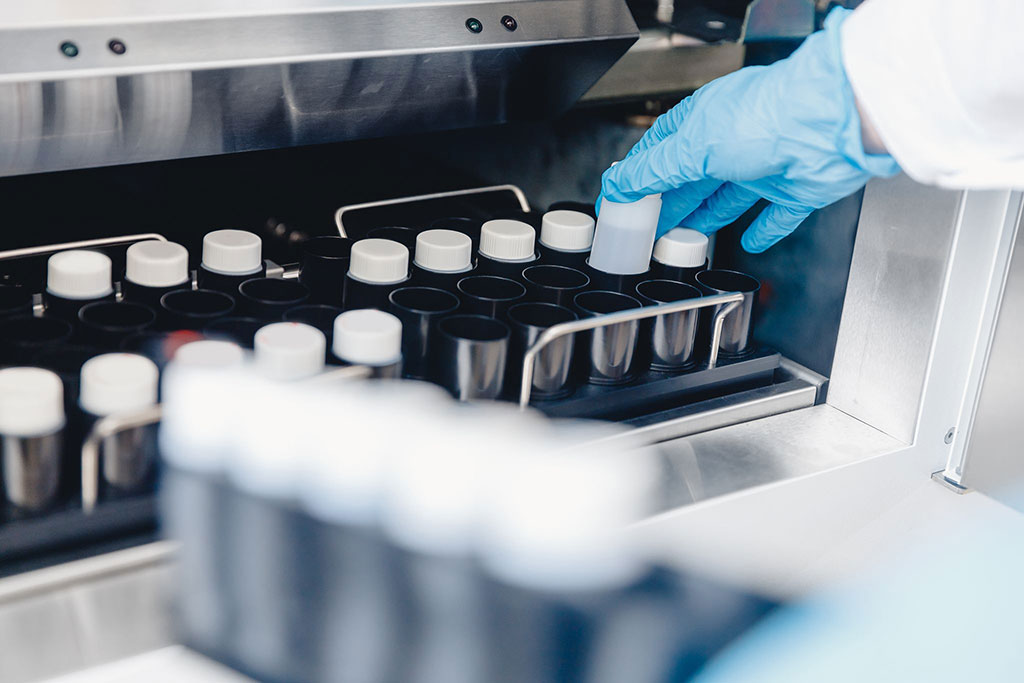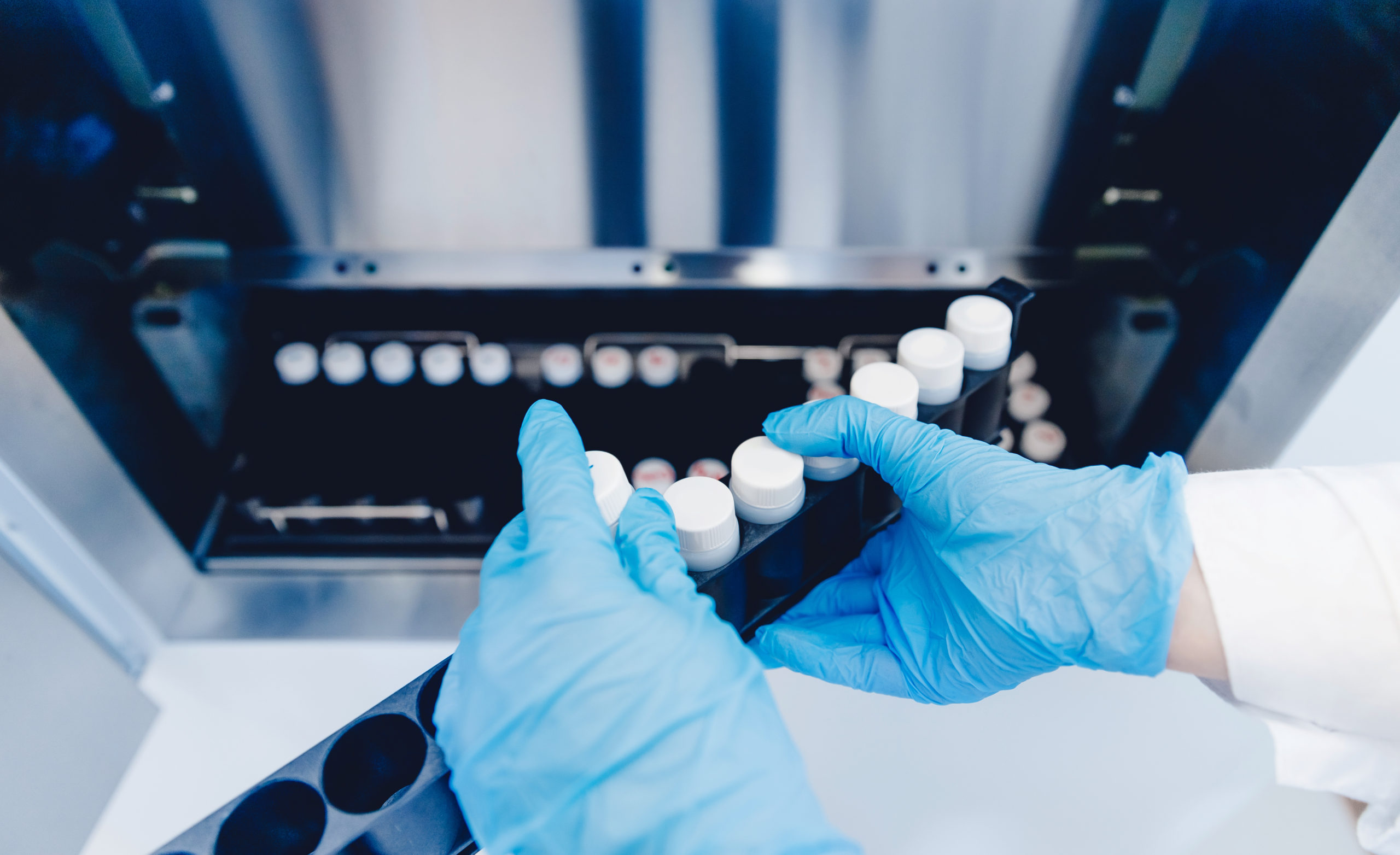MESA (microsurgical epididymal sperm aspiration)
If there is sperm in the epididymis, MESA (microsurgical epididymal sperm aspiration) is preferred as a sperm retrieval method. Under local anesthesia, a small incision is made in the scrotum. A micropuncture pipette quickly and accurately punctures the epididymal tubule, and the sperm is aspirated through the pipette. The sperm is examined under a microscope for viability, and the incision is closed. Another technique, PESA (percutaneous epididymal sperm aspiration) has the advantage of not requiring a scrotal incision, but has less consistent results in terms of yielding viable sperm.


TESE (testicular sperm extraction)
For men with little or no sperm in the epididymis, or if there is no epididymis, sperm can be retrieved directly from the testicles. Performed under local anesthesia, a sliver of testicular tissue is microdissected under an operating microscope. The procedure takes only a few minutes and causes very little post-operative pain or discomfort. Pregnancy success rates are similar to those achieved with epididymal sperm. However, testicular sperm does not respond to cryopreservation as well as normally ejaculated or epididymal sperm.
Any excess sperm from either epididymal extraction (MESA) or testicular extraction (TESE) can be cryopreserved (SCRC’s fertility specialists are experts in sperm freezing) for use later, although sperm from these sources exhibit greater sensitivity to freezing than ejaculated sperm. Therefore, patients may sometimes require a second TESE or MESA procedure in case no sperm are viable upon thawing.
Using Retrieved Sperm in IVF
After the retrieved sperm are washed and further prepared in the IVF lab, they are injected directly into the partner’s eggs using intracytoplasmic sperm injection (ICSI), and the IVF cycle proceeds as usual. Many couples with male factor infertility have successfully conceived with IVF using sperm extraction methods. The refinement of microsurgical techniques, combined with advances in cryopreservation technology, has resulted in high pregnancy rates.
To Find Out if Sperm Retrieval Mai be an Option for You:
Call SCRC at (866) 312-0771 to speak to one of our helpful, friendly fertility consultants. They will be happy to answer any questions you might have regarding sperm retrieval or anything else, and can quickly schedule a consultation for you with an SCRC fertility specialist. If you prefer, simply click here to contact us.
Comprendre vos options en matière de fertilité
En savoir plus sur votre première visite, les options de traitement de la fertilité, le financement et plus encore.


